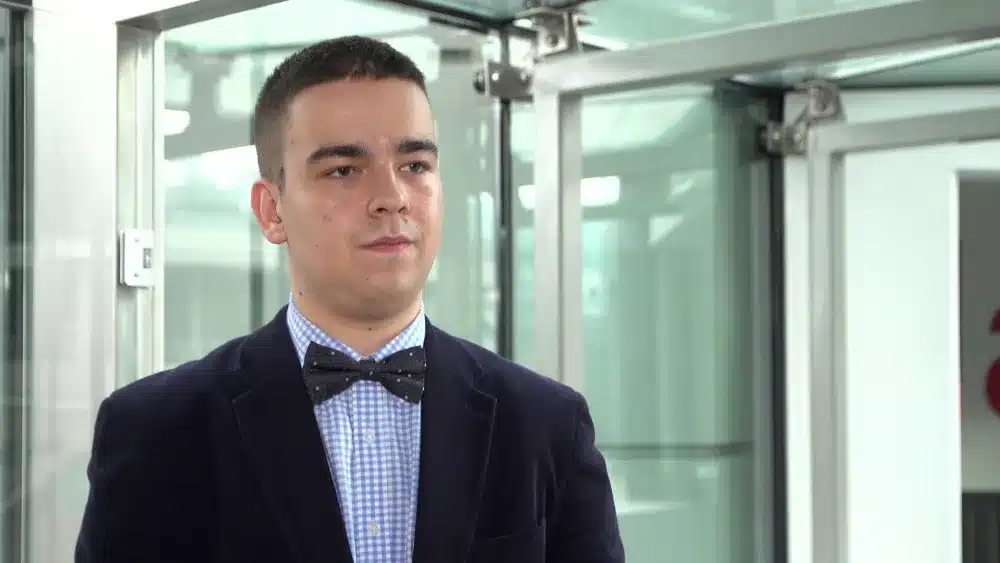The Children’s Rights Ombudsman is planning to combat instances of unjustified restraint of children and adolescents with autism spectrum and combined disabilities in schools and other institutions. Work is underway to create an interdisciplinary team that will focus on, among other things, increasing penalties for such unjustified cases. Young people report such situations to the RPD office themselves. Its representatives not only appeal for changes in regulations, but also for the education of school principals.
“We undertake numerous actions in the Children’s Rights Ombudsman’s Office to protect young neurodivergent individuals from violence. We want to fight the phenomenon, which is often encountered in schools and preschools, of unjustified physical restraint of children and adolescents, so-called holding therapy. We are working to establish an interdisciplinary team that will aim to develop appropriate legislative solutions,” announced Jan Gawroński, social deputy of the Children’s Rights Ombudsman, in a conversation with Newseria Biznes.
“The issue of violence against children with disabilities exists, and we want to comprehensively tackle this issue by setting up a team. We are in the process of selecting experts who will work with us, and we hope that the reality of children with disabilities will change, as it simply must change,” added Monika Horna-Cieślak, Children’s Rights Ombudsman.
In the publication “Child Abused. Theory, research, practice Vol. 22”, Błażej Kmieciak from the Department of Medical Law of the Medical University of Lodz reminds that there are currently no regulations in Poland that would allow school personnel to use direct coercion or to introduce rules for training educators on the safe use of direct coercion.
“Very often, this results from the child’s own unmet educational needs. The school cannot cope with such a child, so often the management asks parents for consent to use force in cases where the child allegedly poses a threat to their health and life,” explains Jan Gawroński.
Today, no tools exist to punish these unjustified cases of enforced holding,” says Jan Gawroński, the Ombudsman’s social deputy. “We want to take actions aimed at tightening penalties under Article 157 § 2 of the Penal Code in this area, which will prevent and reduce the tolerance for the use of unjustified forcible restraint on children and adolescents with autism spectrum and combined disabilities as a therapeutic method.”
“For many years, I have been calling for the tightening of the Penal Code in the area of Article 157 § 2 – from two to five years imprisonment, in the case of endangering life up to 10 years imprisonment, and if it comes to a suicide attempt – 10 or 15 years imprisonment depending on the character of the act or a given case, and thus abolishing the institution of a fine in this area,” says Jan Gawroński.
The issue requires urgent action, as the number of students with declarations of the need for special education is increasing. The Ministry of Science and Higher Education reports that it has increased by about 50,000, or about 30 percent, over 15 years. In total, there are 280,000 children and students with special educational needs in the Polish education system, of which over 82,000 are children with autism spectrum disorders.
“I appeal very strongly for the education of school principals, because for six years I have been a self-advocate, I am developing within the spectrum of autism and combined disabilities, I have myself experienced behavioral therapy, so I practically know what it involves,” says the Social Deputy of the Children’s Rights Ombudsman. “We appeal for a move away from these methods, because there are other ways to solve these problems than by using physical restraint.”
